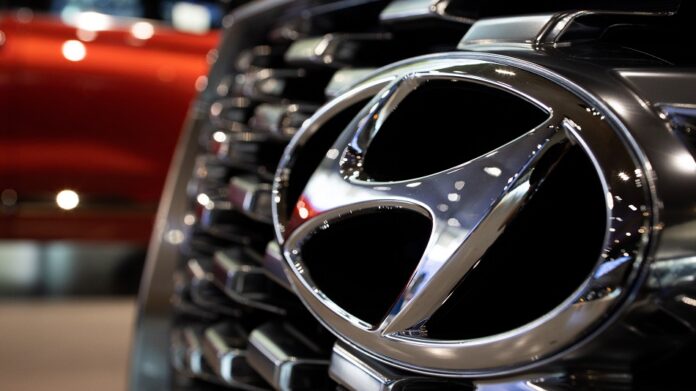
Multinational automotive manufacturer headquartered in Seoul, South Korea, Hyundai Motor has notified the public of its plan to develop its own semiconductor chips.
The Global Chief Operating Officer of the South Korean company, José Munoz said the new move is to reduce overreliance on chipmakers.
With the COVID-19 pandemic and the associated lockdown drastically reducing the use and sales of cars, automakers were forced to temporarily halt their orders, manufacturers of electronics began to build up production, thereby making use of the existing chips supply to meet up the skyrocketing demand in laptops and gaming consoles. With the ease of the lockdown, causing consumers to increase demand for vehicles, a global semiconductor shortage hit the market, leading to many OEMs with the exception of Tesla and Toyota — idling production lines that predicated a dip in car sales.
With many OEMs coming up with fierce moves to go electric, the demand for chips went on a spiral, with big firms like Tesla and General Motors announcing their individual plans of producing their own chips, thereby cutting out the middle man.
According to Reuters, Munoz opined that the toughest months in Hyundai’s sales were August and September, with the company having to temporarily shut down some factories this year, with Munoz saying the worst has passed for chip shortages.
He further told reporters that the company do not want to get caught without a supply again, and hence the need to be self-reliant in the space. While acknowledging that developing chips in-house would take a lot of time and investment, he noted that it’s “something we’re working on,” most likely in conjunction with Hyundai Mobis, the company’s parts affiliate.
“The ability to secure supply may be a distinguishing feature of the successful OEMs that survive the industry shakeup and consolidation,” Bob Leigh, senior market development director of commercial markets at Real-Time Innovations, a software framing company, told TechCrunch. “It is more likely that OEMs will acquire and/or partner with the firms that can secure the supply. But, this shortage will drive the industry to adopt new chip technologies that are more economical to produce. The chip makers don’t want to make the legacy chips that automakers want.”
According to Leigh, though many automakers will align in the same direction of developing their own chips, it may not be necessarily feasible as many of them do not have the expertise and according to him, he doesn’t believe it will scale.
Source: Techcrunch

